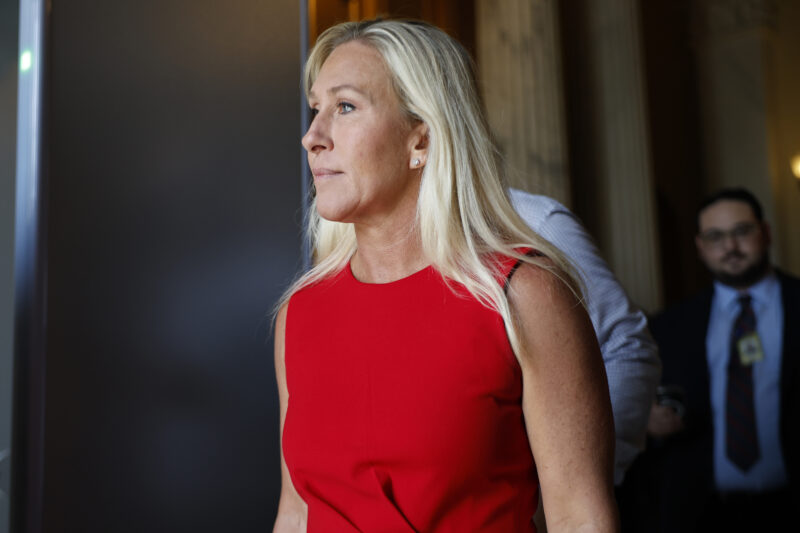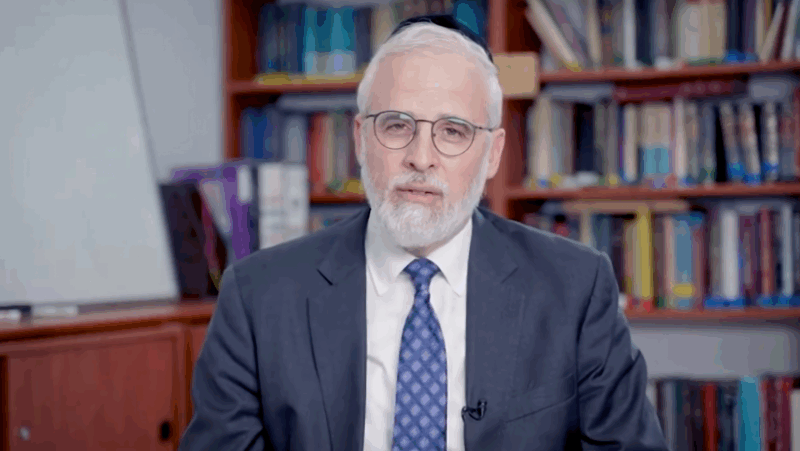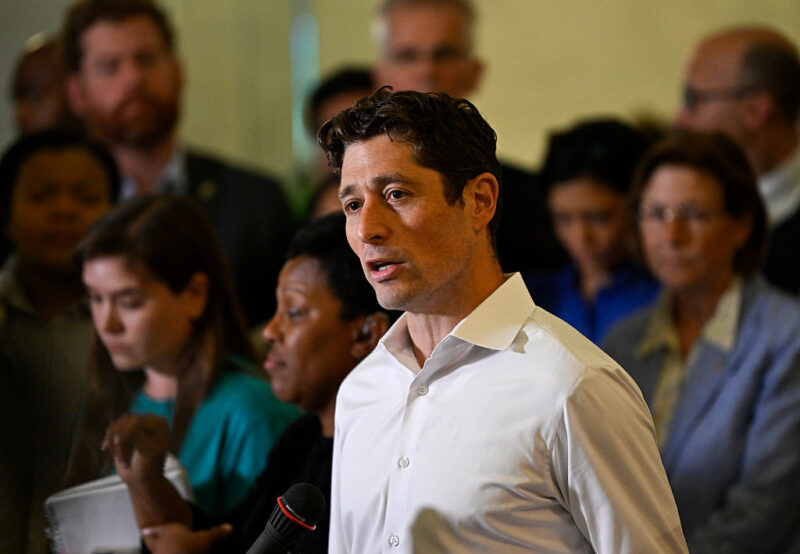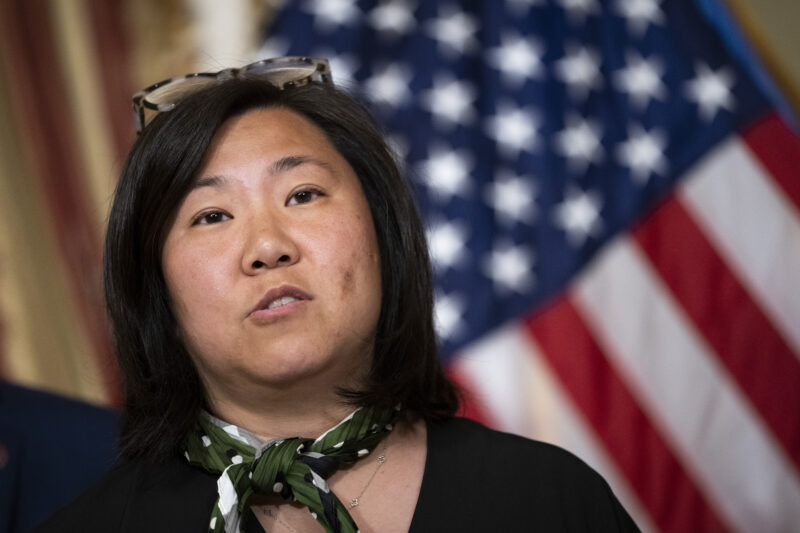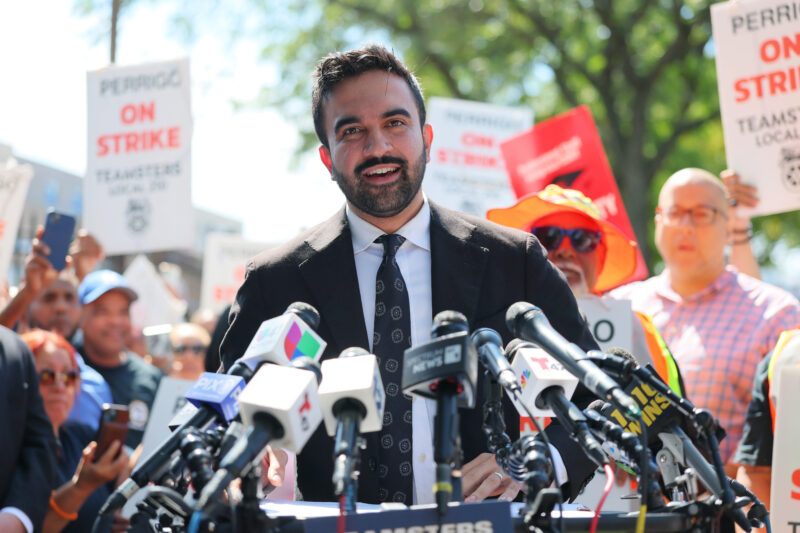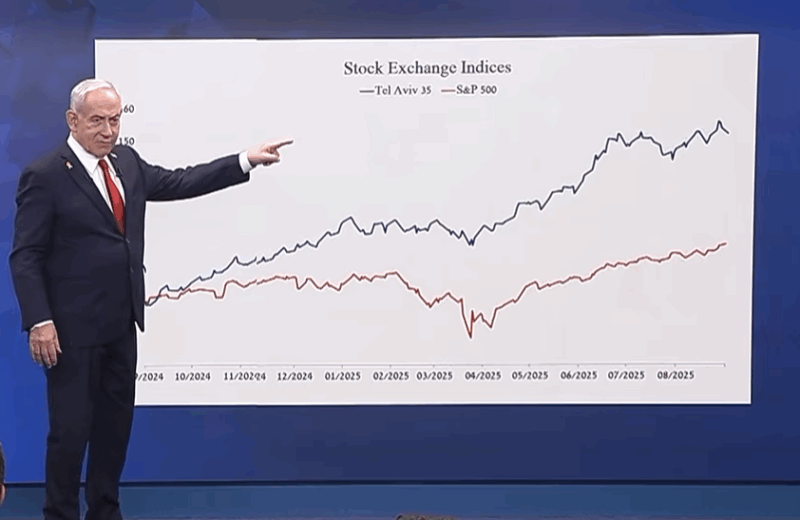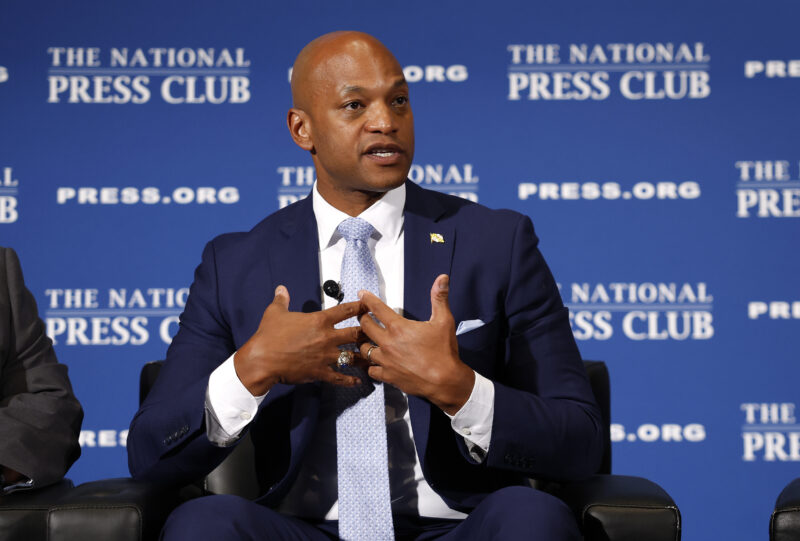Former Bernie Sanders operative laments that anti-Israel activism is now a litmus test in progressive circles
Joel Rubin: ‘Much of the anti-Israel animus we now see is morphing into antisemitism’

ROCKVILLE, MD - JANUARY 18: Maryland 8th Distirct Congressional candidate Joel Rubin speaking to the Rockville/Midcounty Democratic Breakfast Club on Jan. 18, 2016 in Rockville, Md.. (Photo by Kate Patterson for The Washington Post via Getty Images)
As much of the progressive left continues to center anti-Israel advocacy as a key issue — an approach that contributed to Rep. Jamaal Bowman’s (D-NY) primary loss last week — one Democratic Jewish political strategist with roots in the progressive world is speaking out about what he says are the missteps and problems plaguing the progressive world.
Joel Rubin led Jewish outreach for Sen. Bernie Sanders’ (I-VT) 2020 presidential campaign, was a deputy assistant secretary of state in the Obama administration and ran for Congress in Maryland this year. Speaking to Jewish Insider on Wednesday, Rubin said that Bowman’s race reflects serious strategy and messaging issues on the left.
“I’m sadly coming to believe that much of the anti-Israel animus that we now see is morphing into antisemitism, and may be driven by it,” Rubin said, highlighting in particular the increasing use of “Zionist” as “a pejorative, a cuss word.”
“That is not criticism of Israeli policy. That’s criticism of the concept of the State of Israel, and to me, that is antisemitic,” Rubin said.
Rubin said Bowman’s blowout loss to Westchester County Executive George Latimer, driven in part by anti-Bowman mobilization among Jewish voters in the district, should be a wake-up call about how important the Jewish voter population is for the Democratic party — highlighting that Jewish voters could be key constituencies in swing states such as Pennsylvania, Ohio, Michigan, Florida and Georgia.
Rubin said that Bowman’s failure highlights the way that anti-Israel activists have overstated and overestimated their own political power and the popularity of their ideas and rhetoric.
“He was led into believing somehow that what he was saying about Israel and Jews would not have an impact on the voters in his district. I don’t know how or why,” Rubin said. “But clearly that was extraordinarily flawed.”
Instead, Rubin noted, that strategy pushed away voters, generated enthusiasm for Latimer and helped pull in massive outside support for the county executive. Bowman and his allies, Rubin argued, “clearly misread the electorate in this district.”
“I have no idea why Bowman’s political advisers thought it was a good idea to say things that were antagonizing to a major voting bloc within his district. It makes no sense,” Rubin said.
He highlighted that polling routinely shows Jewish voters don’t usually make Israel their top priority when voting — but Bowman decided to make Israel and Jewish issues a central part of his argument, even though his positions weren’t appealing to key voters.
Rubin attributed the issues in part to progressive left groups confusing “advocacy strategy and electoral strategy.” Israel, he argued, has become a central focus for many progressive left groups because it’s proven to be helpful in bringing together intersectional coalitions.
“The intersectional work is an advocacy strategy platform,” he said. “The misread is that it is somehow an electoral strategy as well. And Bowman got caught up in … that dynamic. He absorbed the advocacy strategy priority and then, by extension, viewed that as an electoral strategy, which it was not. It is not electorally powerful.”
Rubin said that progressive groups have a difficult reckoning to face about that divide — but “I don’t think they’re ready yet to acknowledge that and start to do that introspection.” He added that progressive lawmakers, candidates and their advisers need “some serious, sober reflection” about how to appeal to Jewish voters.
“Condemning Oct. 7 unequivocally without equalizing should not be hard,” Rubin said. “You can then talk about the pain suffered by the Palestinians too, but there’s some basics here.”
While progressives are doubling down on a narrative that Bowman lost his race because he was outspent and that AIPAC, which spent $14 million on the race backing Latimer, effectively bought the seat, Rubin argued that will only distract them from addressing their real problems.
“They’ve basically completely moved on to use it as a messaging advocacy opportunity to raise money,” Rubin said, reacting to a promotional text he received in the middle of his interview with JI. “There’s literally no introspection at all. ‘We’re right, and we know we’re right.’”
The Bowman race, Rubin said, is symptomatic of broader problems on the progressive left since Oct. 7, when anti-Israel activism is becoming a litmus test in progressive spaces.
“It’s a shrinking space where [Jewish progressives] can operate,” Rubin said. He said that Jewish progressives have faced “a very difficult period,” trying to “keep the lid on.”
“If [Jewish] voters are not welcomed in the diverse coalition of the Democratic voting apparatus, then that coalition loses a significant component of its electoral power,” Rubin argued, “and that’s the risk that’s being run when Israel-supporting Democrats are put in positions of being ostracized for their support of Israel.”
He called this a self-defeating strategy for progressives.
“If you’re viewing elections as a tool for advocacy, that’s fine, and a lot of times that’s what occurs,” Rubin said. “But don’t be surprised when you don’t win those elections.”






